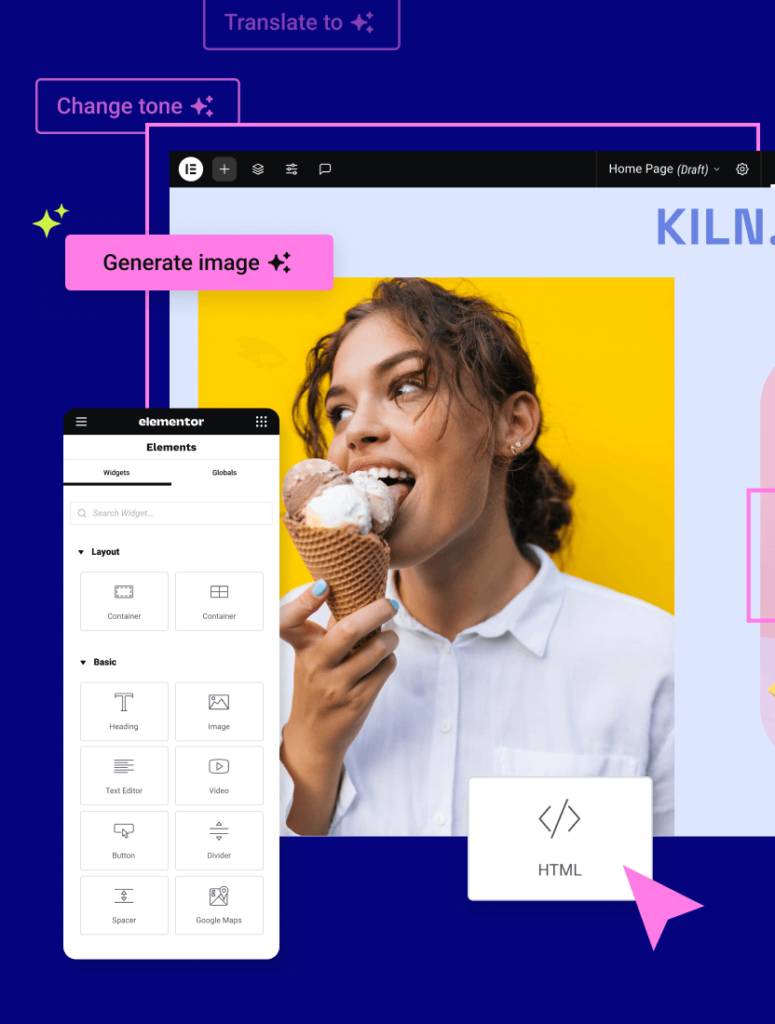URL Decoder
Copied to clipboard!
The internet, a vast and intricate network, thrives on communication. But not all communication is immediately understandable to the human eye. Behind the seemingly simple web addresses we type into our browsers lies a hidden layer of encoded characters. These are the components that ensure your browser can correctly interpret requests, pass data, and navigate the digital landscape. For anyone working with websites, especially those powered by intuitive platforms like Elementor, understanding and manipulating these encoded strings is crucial. This is where the Elementor URL Decoder becomes an indispensable tool.
In essence, a URL (Uniform Resource Locator) is more than just a web address; it’s a command. When you type https://www.example.com/search?query=hello+world, you’re telling your browser to find www.example.com, access its search resource, and include the parameter query with the value hello world. However, what happens when that hello world becomes something more complex, like hello%20world%21 or contains characters that have special meanings on the web? This is where URL encoding, also known as percent-encoding, comes into play.
The Elementor URL Decoder is your digital Rosetta Stone, designed to translate these complex, often unreadable, encoded strings back into their original, human-friendly format. Whether you’re a web developer debugging a redirect, a marketer analyzing campaign parameters, or simply curious about the inner workings of web requests, this tool provides clarity and efficiency.
Before diving into how the Elementor URL Decoder works, it’s important to grasp the fundamental concept of URL encoding. URLs are designed to be transmitted across the internet, and the internet primarily understands a limited set of characters, known as the US-ASCII character set. This set includes alphanumeric characters (A-Z, a-z, 0-9) and a few special characters like -, _, ., and ~.
However, the vast majority of data we want to send across the web – spaces, punctuation, international characters, and symbols – are not part of this safe set. If we were to include these characters directly in a URL, it could lead to misinterpretation by servers or browsers, breaking the intended request.
URL encoding provides a standardized method to represent these “unsafe” characters. It works by replacing each unsafe character with a percent sign (%) followed by the two-digit hexadecimal representation of the character’s ASCII value. For example:
%20!): Becomes %21/): Becomes %2F (though / is often reserved for separating path segments)?): Becomes %3F (used to denote the start of query parameters)&): Becomes %26 (used to separate multiple query parameters)=): Becomes %3D (used to assign a value to a parameter)Consider a URL like https://www.example.com/search?category=electronics&item=smartphone%20pro. Here, the space in “smartphone pro” has been encoded as %20. The & separates the category and item parameters. Without this encoding, a space might be interpreted as a separator, or other special characters could prematurely terminate the URL or cause errors.
The Elementor URL Decoder is designed to reverse this process. It takes a string that might contain numerous %XX sequences and converts them back into their readable character equivalents.
Our URL Decoder is built with simplicity and efficiency in mind, making it accessible to users of all technical backgrounds. You don’t need to be a coding expert to benefit from its power. Here’s a breakdown of how it operates:
%XX).%XX sequences, making the URL readable and understandable. You can then copy this decoded URL or string for further use in your projects.This streamlined process ensures that you can quickly get the information you need without any unnecessary complexities. It’s about providing a direct and effective solution to a common web-related challenge.
The applications for a reliable URL Decoder are numerous, especially for those who build and manage websites using platforms like Elementor. Here are some common scenarios where this tool shines:
?product_id=123&filter=price_low_to_high. If these parameters include spaces or special characters (e.g., a product name with an ampersand), they’ll be encoded. The URL Decoder helps you understand the exact values being passed, which is invaluable for SEO analysis, tracking marketing campaigns, or understanding how user interactions affect website behavior.The Elementor URL Decoder empowers you to look beyond the surface of a URL and understand the precise data being conveyed.
In a digital world filled with tools, you might wonder what sets the Elementor URL Decoder apart. Our commitment to providing a seamless and powerful user experience, directly integrated with the Elementor ecosystem, is a key differentiator.
To get the most out of the Elementor URL Decoder, keep these tips in mind:
As the internet continues to evolve, the complexity and richness of data exchanged between browsers and servers will only increase. Internationalization efforts mean more characters beyond the basic ASCII set will be used, requiring robust encoding mechanisms. The need for tools that can easily translate these encoded strings will remain paramount.
Elementor, at its core, is about making web design and development accessible and powerful. Our URL Decoder embodies this philosophy by demystifying a technical aspect of the web, empowering creators to build better, more functional websites. Whether you’re embedding dynamic content, passing complex search queries, or analyzing user behavior, having a clear understanding of your URLs is a fundamental skill.
The Elementor URL Decoder is more than just a utility; it’s a bridge between raw data and actionable insights. It empowers you to troubleshoot, understand, and optimize your web presence with confidence. By providing a simple, accurate, and accessible way to decode URLs, we aim to support your journey in creating exceptional online experiences.
In conclusion, the Elementor URL Decoder is an essential tool for anyone working with web addresses. It simplifies the complex process of URL decoding, making it easy to understand the data transmitted across the internet. Whether you are a seasoned developer or a beginner navigating the world of web design, this tool will be your reliable companion in deciphering the hidden language of the web.

Stop wasting time optimizing images by hand. Our plugin does it automatically, making your site faster and freeing you up to focus on what matters most.